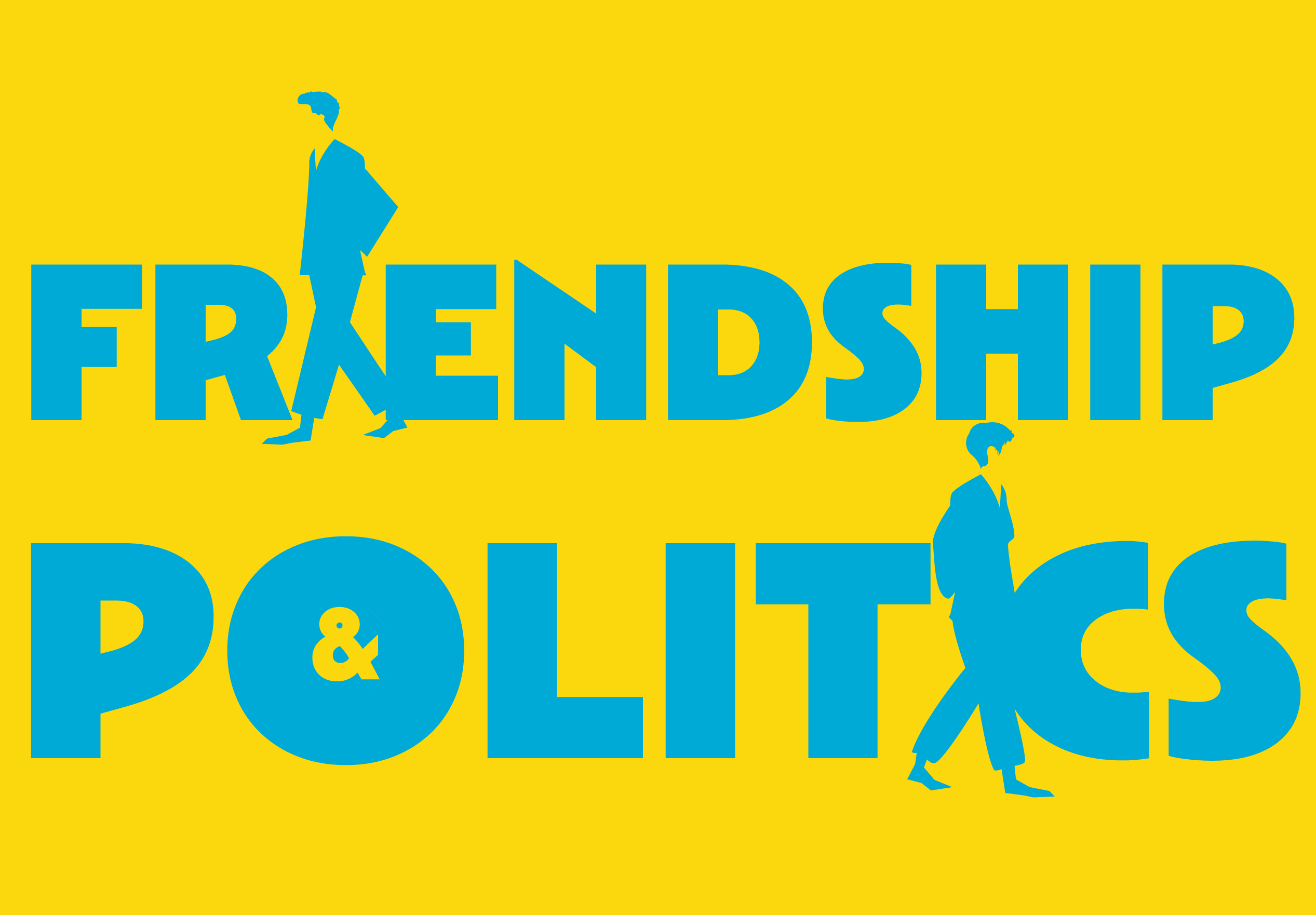
OSUN, Hannah Arendt Center, and Center for Civic Engagement Present
Friendship and Politics
Thursday, October 12, 2023 – Friday, October 13, 2023
Olin Hall
Conference takes place in Olin Hall.“I have never in my life ‘loved’ any people or collective... I indeed love ‘only’ my friends.”
—Hannah Arendt To Gershom Scholem, 1963
Hannah Arendt, whose thinking is at the heart of our center, was said to have a “genius for friendship.” Known as a political thinker, Arendt wrote to her friend Gershom Scholem that she could never love a state or a political people, but only her friends. For Arendt, “only in misfortune do we find out who our true friends are.” It is our true friends, she wrote, “to whom we unhesitatingly reveal happiness and whom we count on to share our rejoicing.” Arendt prized the humanity of intimate friendships where “friends open their hearts to each other unmolested by the world and its demands.”
As much as she believed in the power of intimate friendship, Arendt also understood what she called “the political relevance of friendship.” The world is not humane simply because it is made by human beings. Rather, the things of this world only become human “when we can discuss them with our fellows.” For Arendt, it follows that in public life, “friendship is not intimately personal but makes political demands and preserves reference to the world.” The common world is thus held together by friendship.
Politics and friendship both are based in the act of talking with others. There are no absolutes in either friendship or politics, where everything emerges from the act of speaking and acting in concert with others. Thus, Arendt insists there is no truth in politics. In politics it is opinion and not truth that matters. Absent truth, what holds the political world together is friendships, our sober and rational love for our fellow citizens.That friendship emerges in conversation and that conversation, and not the revelation of truths from on high, is the source of political consensus. That is why Arendt can say, with Cicero, “I prefer before heaven to go astray with Plato than hold true views with his opponents.” She means that friendship more so than truth is the foundation of a meaningful political world.
Both intimate and political friendships are in crisis today. Studies show that Americans have fewer and fewer friends with whom they can share their joys and sorrows. The crisis of friendship means the loss of a place in the world. And the crisis of political friendship means the loss of spaces and institutions where one can talk honestly and directly with those whom one shares a world amidst disagreements. Such institutions are threatened by echo chambers and algorithms that surround us only with like-minded acolytes.
The Arendt Center conference on Friendship and Politics brings together writers, thinkers, activists, and artists to collectively think about the importance of friendship in our world. We will ask:
- What is friendship? And why is it so meaningful?
- Is there a crisis of friendship today? And if so, why?
- Do identity politics and the culture of individualism stand in the way of friendship?
- How can we nurture the intimate and public friendships that allow us to flourish?
- Epistolary friendships are an old tradition. What is the possibility of long-distance epistolary friendships in the internet age?
- Does social media make possible new types of friendships?
For more information, call 845-758-6822.
Location: Olin Hall